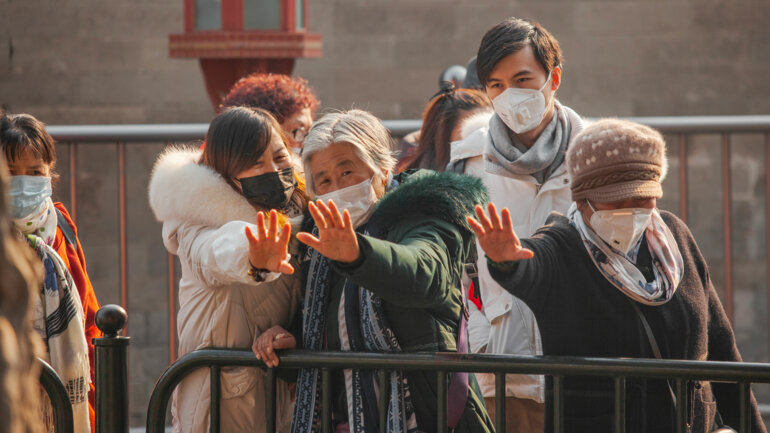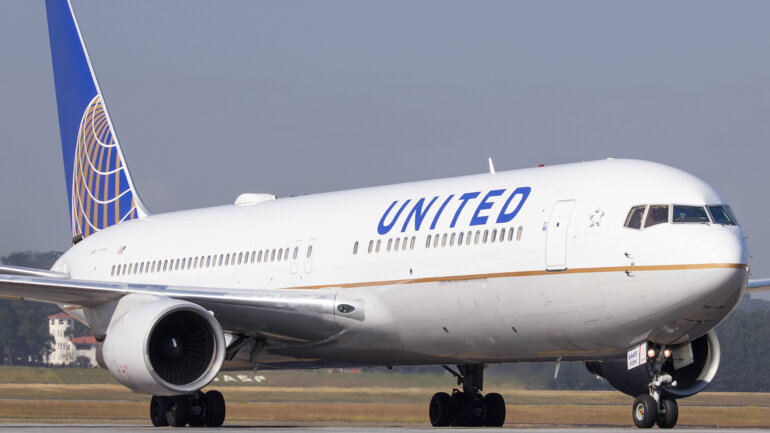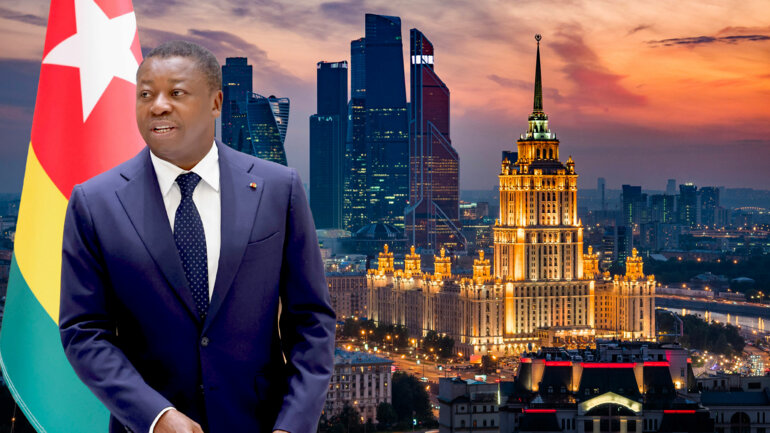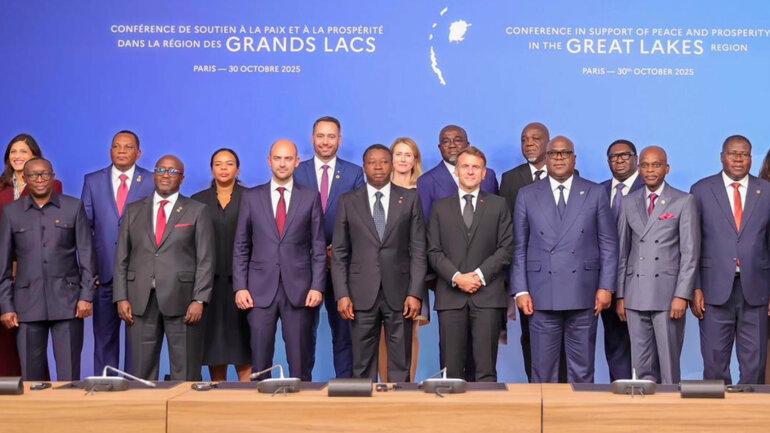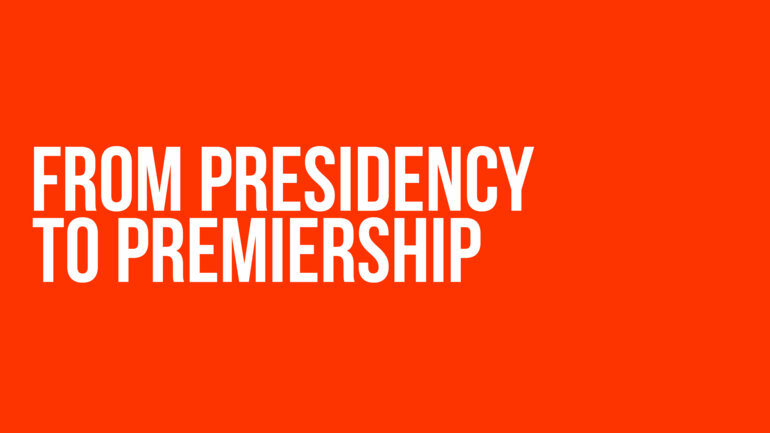
- Diplomatie
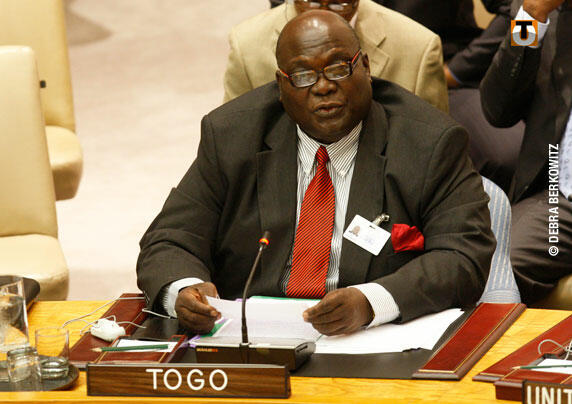
The Council capped a ministerial-level meeting on “threats to international peace and security posed by terrorism”, chaired by President Ilham Heydar oglu Aliyev of Azerbaijan, which holds the 15-nation body’s rotating presidency for the month, adopting a wide-ranging statement (S/PRST/2012/17) on the issue. It noted with concern that, even as terrorism continued to impact peace, security and development and undermine stability and prosperity in many regions of the world, the scourge was becoming more diffuse, with an increase, in some areas, of terrorist acts motivated by intolerance and extremism.
As for the changing nature of terrorism and the ability of terrorist to adapt to countermeasures, the Council reiterated its concern at the increasing connection between terrorism and organized crime, as well as the fact that terrorists were exploiting new information and communications technology, especially the Internet, “for the purposes of recruitment and incitement, as well as for the financing, planning and preparation of their activities.” The Council also reiterated its concern that terrorist groups were increasingly taking hostages with the aim of raising funds or gaining political concessions.
“The Security Council recognizes that the scourge of terrorism can only be defeated by a sustained and comprehensive approach involving the active participation and collaboration of all States and relevant international and regional organizations and civil society,” Council members agreed, also underlying the need to address conditions conducive to the spread of terrorism, as outlined in the United Nations Global Counter-Terrorism Strategy. The Council members reaffirmed that Member States must ensure that all counter-terrorism measures must comply with international law and must respect fundamental rights and freedoms.
Secretary-General Ban Ki-moon opened the meeting, presaging the Council’s call for strengthening global cooperation. Such joint action was more vital than ever because even though attacks were being disrupted and terrorist networks were being disabled, recent attacks in Afghanistan, Iraq, Nigeria and Yemen had shown that the threat was still formidable, and that “terrorist organizations continue to look for new havens, adopt new tactics and seek new targets”.
“By working together — from strengthening law enforcement to tackling the underlying drivers of extremism — we can greatly reduce this major threat to peace and security,” he said, encouraging the international community to pursue the integrated approach to terrorism and violent extremism embodied in the Counter-Terrorism Strategy, which is set to be reviewed by the General Assembly next month. He said such an approach meant resolving differences peacefully, providing education and job opportunities, promoting development and inter-cultural dialogue, and addressing the grievances that terrorists exploited.
“In combating terrorism, the international community must also work as one,” he said, expressing the hope that Member States would decide to create the position of a United Nations counter-terrorism coordinator to promote better coordination, collaboration and cooperation among all stakeholders. The Secretary-General also urged support for the newly-established United Nations Counter-Terrorism Centre, within the Counter Terrorism Implementation Task Force, which served a critical role in supporting Member States in all areas under the four pillars of the Global Counter-Terrorism Strategy.
During the debate that followed, high-level Government officials joined Council members in strongly denouncing all forms of terrorism and calling for all States to step up their activities to combat the scourge and do more to help countries effectively address the conditions which bred it. “Terrorism has no justification; no matter how you dress it up,” said Alexander Zmeevsky, Special Envoy for the President of the Russian Federation on Countering Terrorism and Organized Crime, who hailed the global counter-terrorism framework set up under the auspices of the United Nations, as well as the increased cooperation against the threat by global and regional police and security bodies.
He was also among the speakers who highlighted the serious potential of increased terrorist attacks and activity in the Middle East, the Sahel region of Africa and in the restive areas between Afghanistan and Pakistan. He urged all States to step up their efforts to implement the Russia-sponsored Security Council resolution 2017 (2012) calling for comprehensive measures to counter the spread of Libyan weapons, including man-portable air defence systems. In that region, “the veins have become arteries”, drawing terrorist cells to organized criminal networks, and diffusing all forms of criminal activity and violence, he warned.
Guido Westerwelle, Minister for Foreign Affairs of Germany, echoed most speakers when he stressed that measures to counter terrorism must always be based on the respect of human rights and the rule of law. They should be effective, but “they are self-defeating when they jeopardize the very principles they aim to protect”. Turning to another matter much on the minds of Council members, he said the Internet was increasingly being abused by terrorists, and cited a group in Germany that had gone unnoticed for years while it used the web to plan vicious attacks and recruit supporters. In response, counter-terrorism efforts needed to reduce “virtual hiding places” for terrorists and incitement should be countered, he said.
Also speaking was the President of Azerbaijan, as well as senior Ministers from Togo, Morocco and Colombia.
The meeting was also addressed by the representatives of the United States, China, Pakistan, United Kingdom, India, South Africa, France and Portugal.
Statement
Elliott Ohin (photo), minister for Foreign Affairs and Cooperation of Togo
Mr Ohin affirmed that terrorism remained one of the greatest threats to the peace and security of peoples and nations around the globe, and the crimes were grave human rights violations. He agreed that the crimes were becoming increasingly complex, and fighting them taxed the resources of many countries, particularly those in Africa, where the threat was growing in all countries where there were fundamentalist groups that had chosen to commit such acts. He noted that during its presidency, Togo had stressed the threats posed by organized crime that was linked to terrorism. There was no justification for terrorist acts.
His country, he said, had aligned its measures against terrorism with international strategies, strengthening its legal regime in the areas of financing and coordination of national counter-terrorism mechanism. The country also worked with related mechanisms of the Economic Community of West African States (ECOWAS) and other subregional and Africa-wide structures, which showed the commitment of member States to fight terrorism. Major efforts must be made on the ground such as strengthened, coordinated intelligence. In such areas, national action must be part of regional and international frameworks for both peace and security and specific forms of terrorism. The Global Strategy was particularly important in that regard. The current challenge lay in the implementation of all such instruments. A greater and more sustained commitment in that effort must be shown, with greater global solidarity against the threat, which knows no borders. Technical, financial and monitoring assistance was critical for those countries with limited means.
© UNTOGO.ORG

